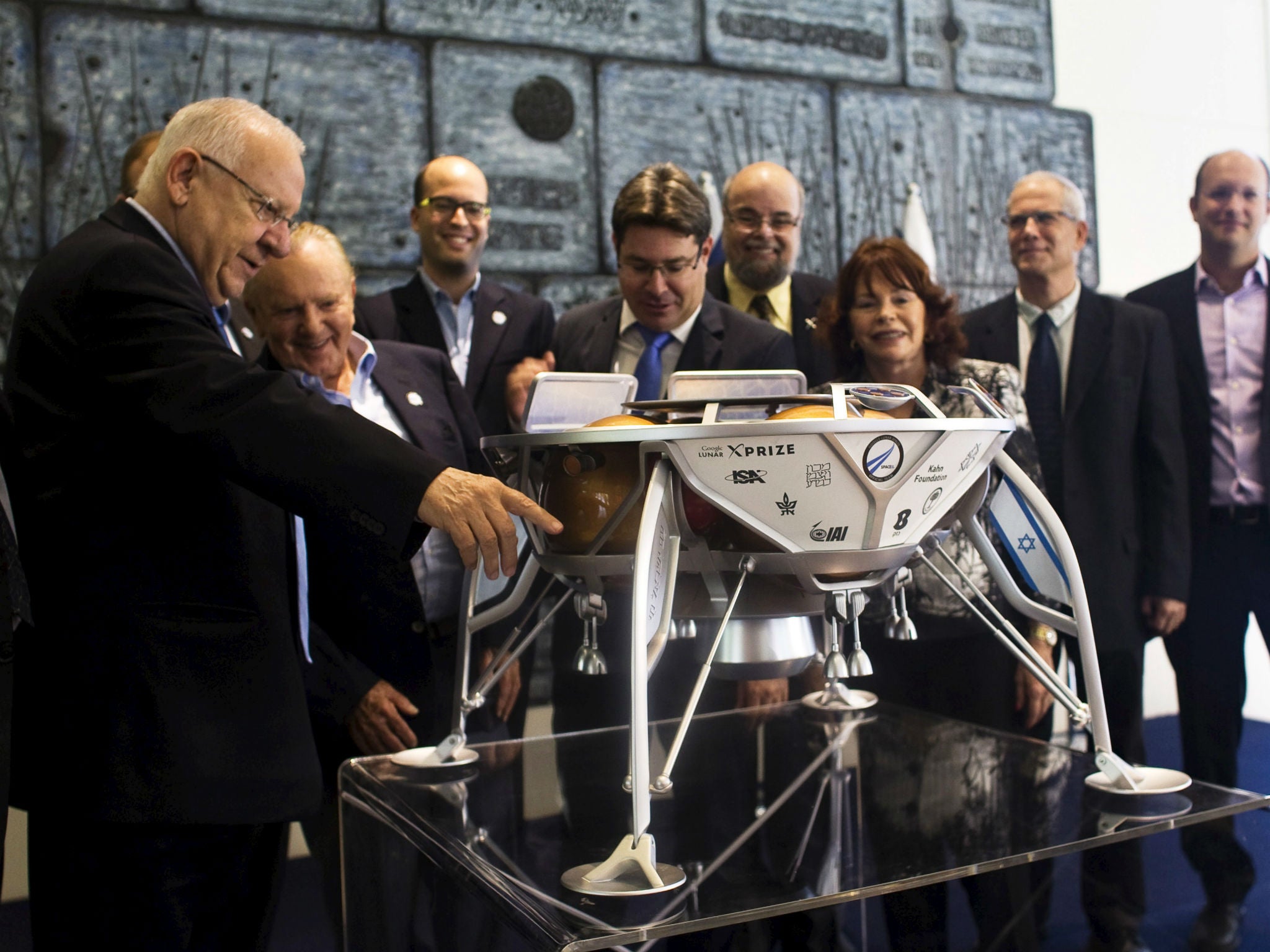Google cancels $30m civilian moon mission prize as no one can meet competition deadline
Even without the prize money, private space flight efforts will continue

Even with Google dangling millions of dollars in prize money, it was a moonshot no one could land.
More than a decade after Google announced it would award $30m (£21m) to the first company that could launch to the moon by March of 2018, the company has officially cancelled the prize.
The reason: none of the five finalists were on track to meet the fast-approaching deadline.
“While we did expect a winner by now, due to the difficulties of fundraising, technical and regulatory challenges, the grand prize of the $30M Google Lunar XPRIZE will go unclaimed,” the prize’s administrators said in a post.
In acknowledging that no one would meet the target, XPRIZE executives Peter Diamandis and Marcus Shingles noted that “it’s incredibly difficult to land on the Moon”.
“If every XPRIZE competition we launch has a winner, we are not being audacious enough, and we will continue to launch competitions that are literal or figurative moonshots, pushing the boundaries of what’s possible,” they said.
But they argued the effort had borne fruit even if it did not result in a moon landing. They noted that participating teams had raised hundreds of millions of capital, including a Japanese team that raised more than $90m (£63m) and announced it would continue pursuing a moon landing even without Google.
“We have sparked the conversation and changed expectations with regard to who can land on the Moon,” they said. “Many now believe it’s no longer the sole purview of a few government agencies, but now may be achieved by small teams of entrepreneurs, engineers, and innovators from around the world”.
Private space flight has attracted interest and investment across the technology industry as America’s government has reduced its extraterrestrial ambitions. Tesla CEO Elon Musk’s SpaceX company was preparing to fly its Falcon Heavy rocket this week, though the government shutdown interfered with that schedule.
Join our commenting forum
Join thought-provoking conversations, follow other Independent readers and see their replies
Comments
Bookmark popover
Removed from bookmarks